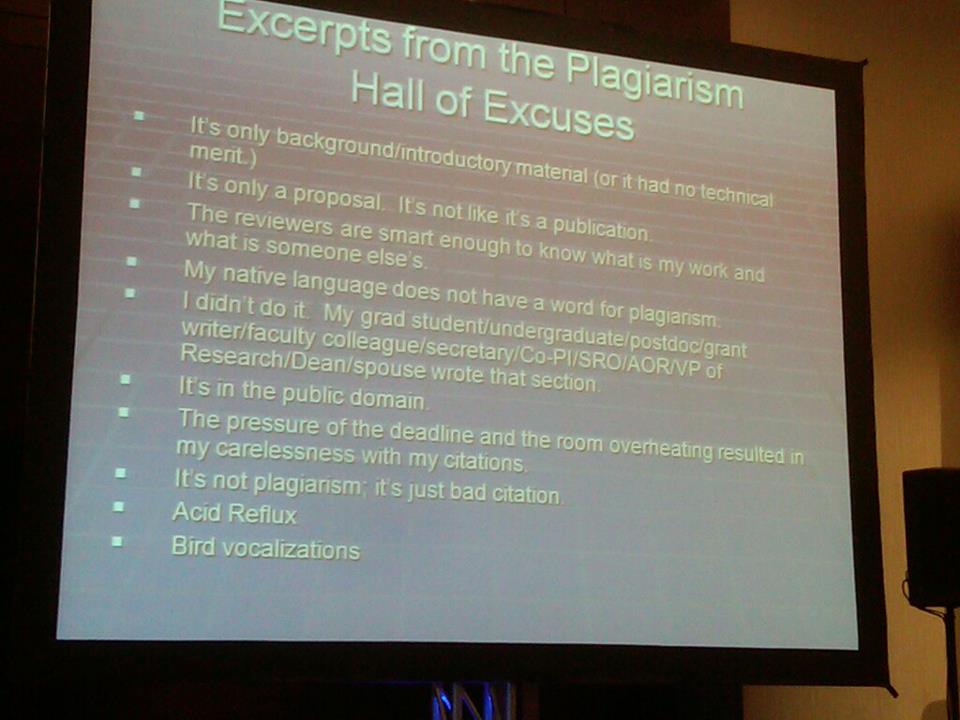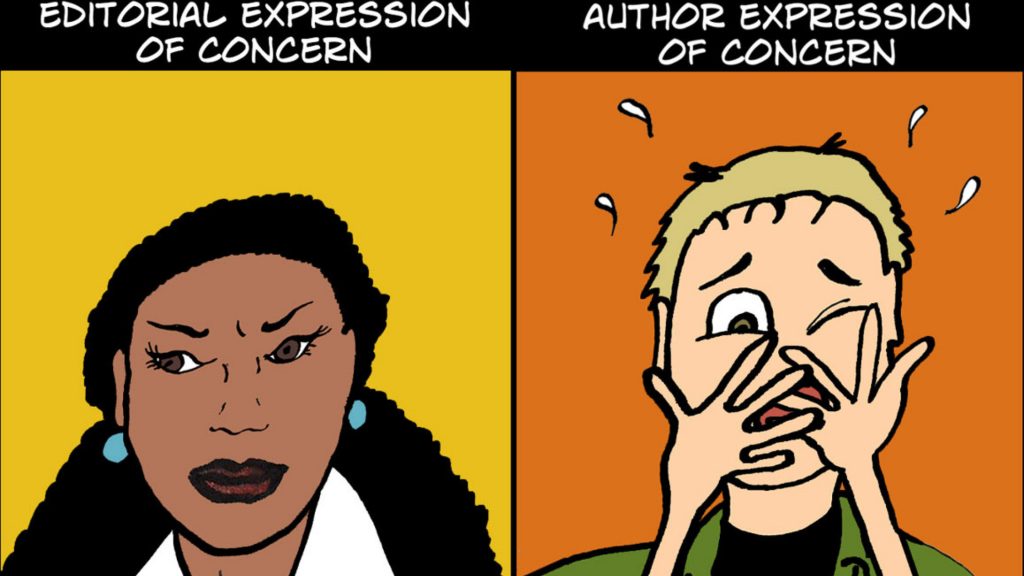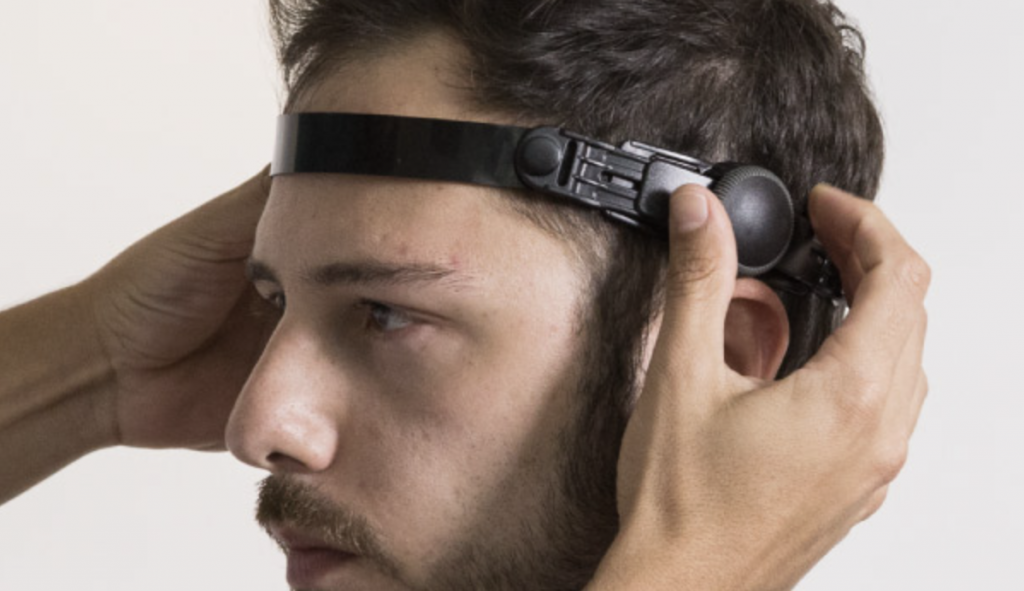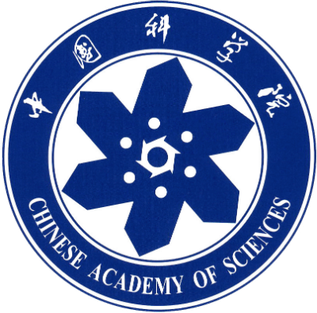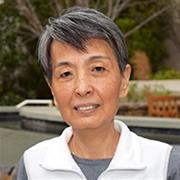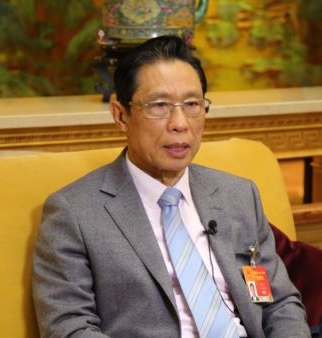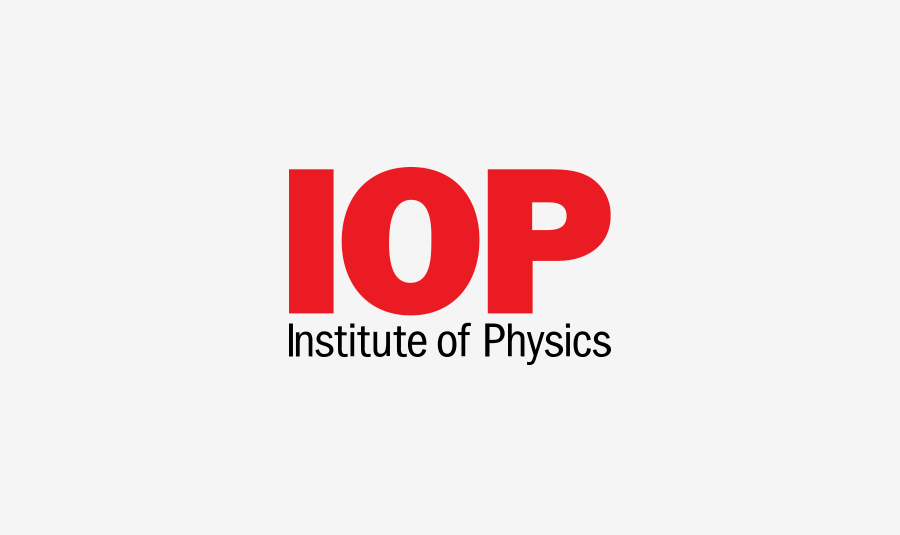
Kyoto University has fired a researcher after determining that he committed fraud in at least five papers about the deadly Kumamoto earthquake of 2006.
In a report released earlier this week (Sept 28), the institution said it found Aiming Lin guilty of 37 counts of “fraudulent activity” in four of the articles, not including a 2017 paper Lin published in Science which the journal retracted in 2019. The university suspended Lin for a year at the time.
Kyoto University said (courtesy of Google translate) earlier this month Lin was subject to “disciplinary dismissal” in the case:
Continue reading Kyoto University fires researcher for fraud in Kumamoto earthquake studies